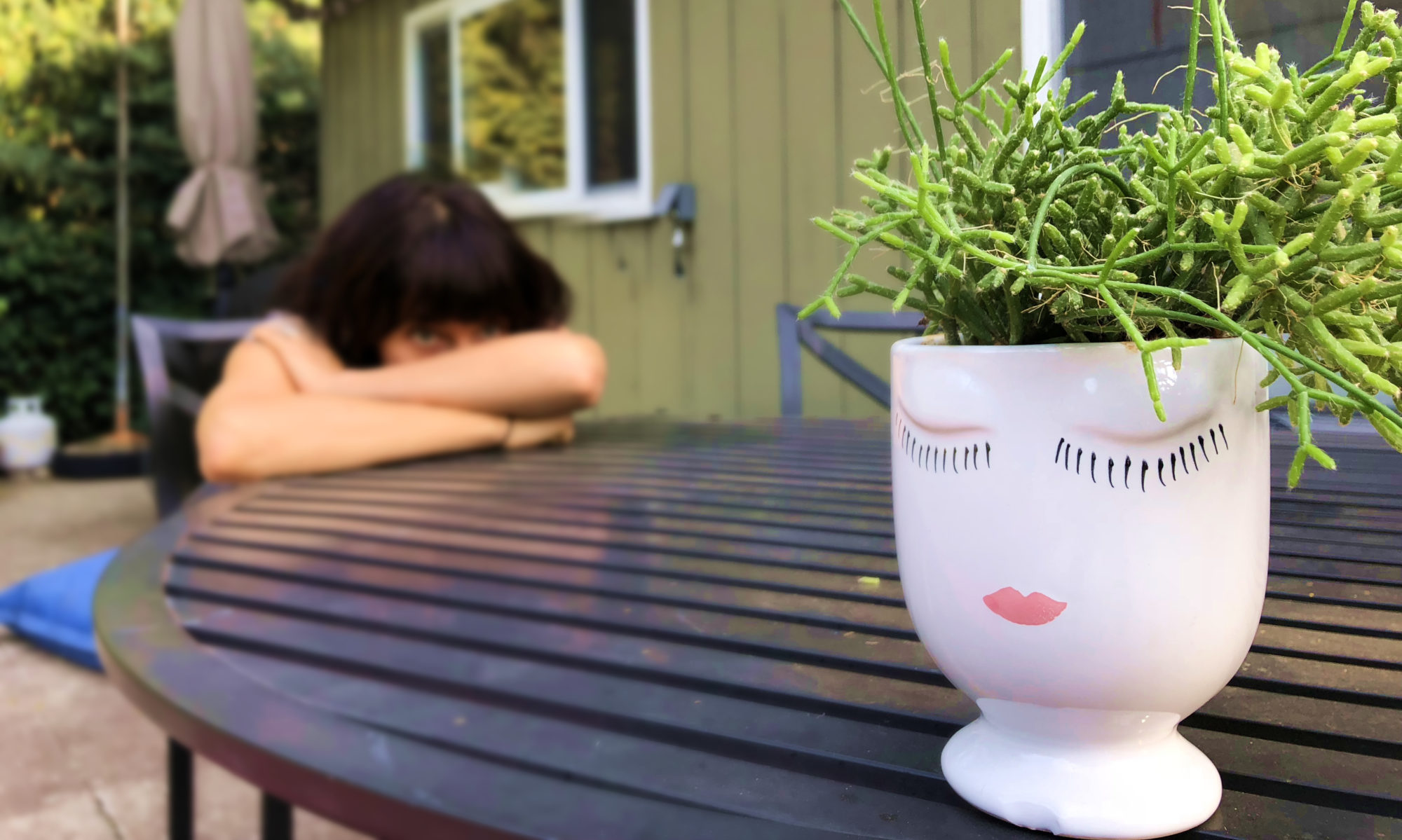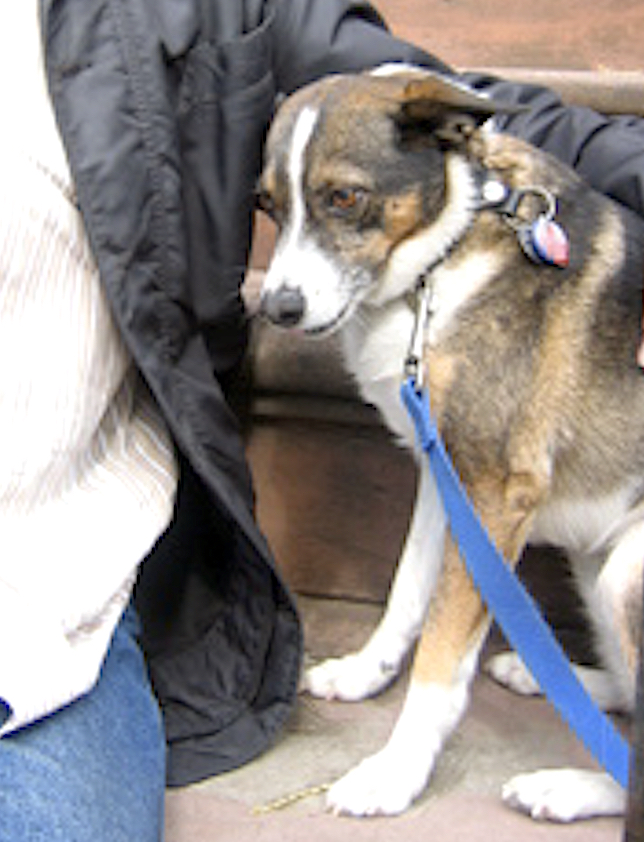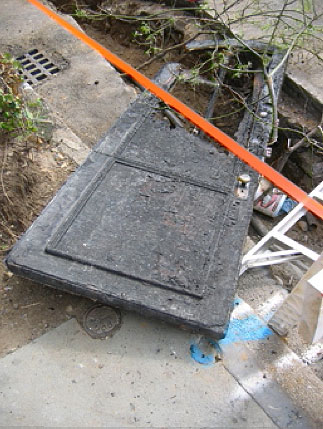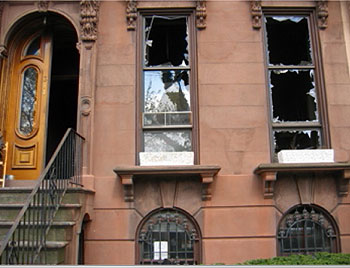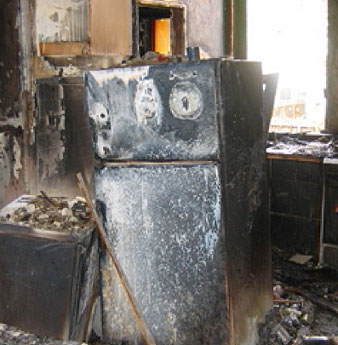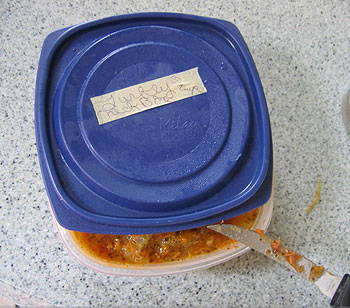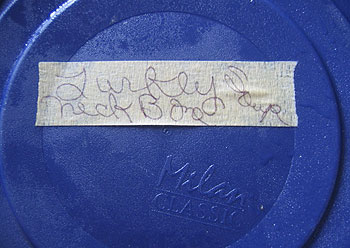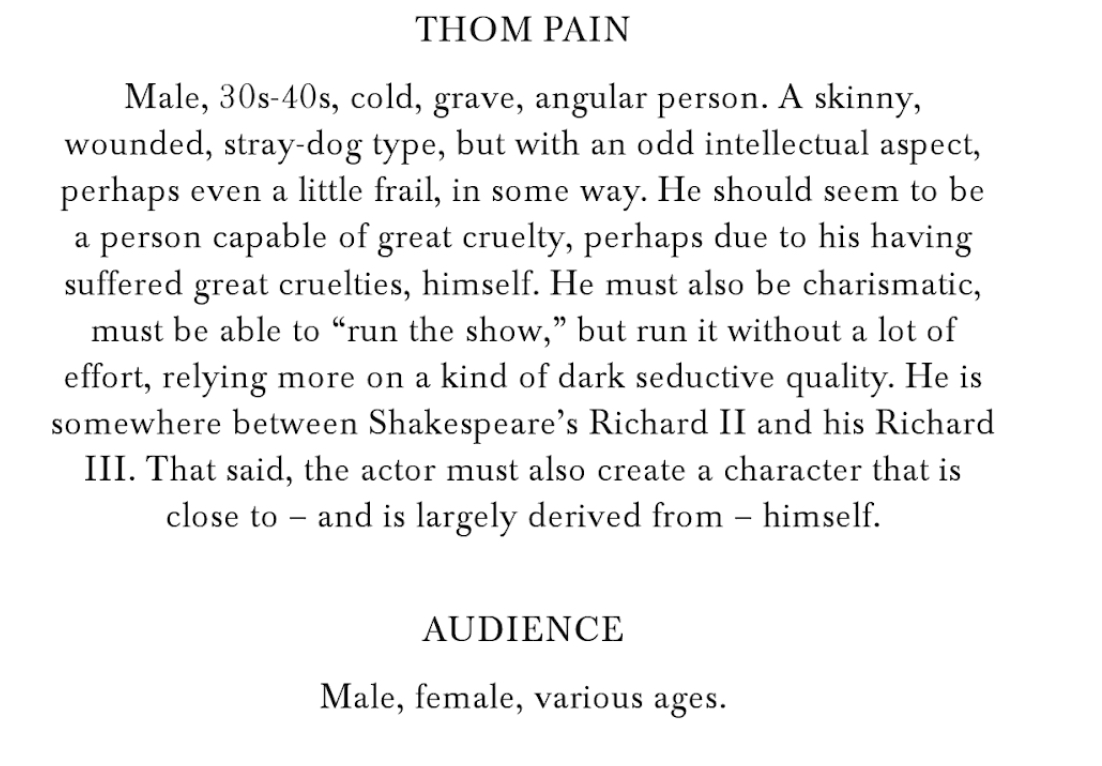HAPPY NEW YEAR!
This year is gonna be GREAT!
The tides are gonna TURN!
We’re gonna SMOKE THESE JOKERS OUT AND SHIP ‘EM TO THE AMAZON AND MAKE ‘EM SLURP BATTERY ACID FROM THE BELLY BUTTONS OF UNBATHED TREE SLOTHS.
(what)
I’m feeling festive! I’m in a giving mood! But only to some of you! So if you feel Very Good about your flow, then top o’the mornin’ and tally ho, see you in half a fortnight.
But those of you who feel like you didn’t write enough in 2018 and could use a little *squeeze* for the new year… well I dunno if this will help but it can’t hurt. It’s just me talking about my “process” and giving “tips” and discussing “writer’s block” and all that stuff. For this gal:
 I’m still a new/emerging playwright! I’m gonna go apply for some grants… Jk jk. She asked some Q’s. I gave her some A’s.
I’m still a new/emerging playwright! I’m gonna go apply for some grants… Jk jk. She asked some Q’s. I gave her some A’s.
I never had a mentor (mentress?). I had writers to whom I felt psychically connected, who I read obsessively and whose work parented my own in an anonymous yet intimate way, but I never had anyone I looked up to who could specifically ask for help.
So. Like I said. She asked some Q’s. My A’s are below.
– What is your writing process like and how do you get your ideas?
Honestly, it depends on the project. If it’s TV stuff I’ll pitch moments from my own personal history that are adaptable to the characters in the show. I’m more able to write from a place of truth when I do that successfully.
If it’s a play, usually I’ll start by paying attention to what I’m paying attention to, then I’ll identify the moments I’m most excited to write, and then try to earn them by building believable characters whose desires and needs are discernible and serve the story/idea/theme/moment. Sometimes I’ll check my browser history to see where my eyeballs have been spending the most time.
If it’s an essay or a note on my website, I picture who is reading and imagine I’m speaking directly to them. I try to engage people with stories they might find funny or moving or helpful.
– What advice would you give to a future writer?
First of all, don’t think of yourself as a future writer. You’re a writer. Even if you don’t get paid to do it yet. It’s not like other professions where you need to wait to be employed. You can write and be a writer.
Being a committed writer, however, means you to write and write and write until you understand your own singular voice. But even if you can’t hear that quite yet, it doesn’t mean you’re not a writer. You are.
As far as starting a career as a writer, which is probably what you meant, here are my boilerplate tips:
1) Get a community of friends (actors, writers, directors, etc) and feed them and read each other’s work. Stay connected to them. Support them. You will need them.
2) Stay in love with the form by watching and reading all the stuff you love all the time. Not just theatre and TV. Everything. Music, novels, poetry, art, documentaries, etc.
3) Find something else that makes you happy and do it joyfully three times a week; something that has nothing to do with your career (drawing, jogging, dancing, gardening, cooking, whatever). You’ll need nourishment when the work falters. It will and it’s totally ok. Just be prepared.
4) Don’t network at people, don’t ask to pick anyone’s brain, don’t send emails to people you don’t know asking for jobs, and don’t act like you deserve anything; just make good truthful work and share it with your treasured collaborators before anyone else. The work will get you noticed, not your insistence.
5) If you need to ask help from people you don’t know well, offer something in return. Whatever. Bottle of wine, gift certificate to the Olive Garden, a handmade thank you card even. Gratitude goes along way. (Ok maybe not the Olive Garden but you know what I mean.)
6) Write the things you thought you’d never write because they are too scary/weird/unconventional. The terrifying stuff is often the most affecting.
However, it’s also the most painful to explore. So make sure you’re taking care of yourself before, during, and after you go there. Therapy, foot massages, extra sleep… you’re doing something brave, and bravery needs kindness.
– What is your favorite play, as well as your favorite play you’ve written?
I don’t have favorites but the play that was most influential to me at an early age was The Zoo Story by Edward Albee, which I saw performed when I was 16 and it changed my life.
(I just realized I didn’t answer the second part of this question! Though I don’t have a favorite play of my own. That would be like asking someone to name their favorite finger.)
– What do you do when you come to a writers block?
I’m not totally sure I’ve ever had writer’s block in the sense that I’ve never sat down and stared at a page and wondered what to write. Sometimes I have ideas that don’t go anywhere. But I generally feel passionate/angry/confused/heartbroken enough that something finds a way out.
For me, it’s more a matter of timing. If it’s not the right time for me to tell a particular story, like if I don’t have enough perspective on it or if I don’t have the heart to really dig, I’ll stall out a little.
Sometimes if I’m “stuck,” I do research. I’ll unpack the thing I’m having trouble with by populating the room it’s in, or the wardrobe of the character, or the city where it takes place. I flesh out the picture so I can see it better.
If that doesn’t work, I snack or take a walk or shower or exercise to refresh my mind. Sometimes the solution will reveal itself when I’m not looking so hard for it.
If that doesn’t work, I try to return to the initial impulse I had to see if the problem lies in an unhelpful detour I may have taken. That happens quite often.
If nothing works, I’ll abandon the scene or script or whatever it is and chase the smoke from another fire for a little bit.
